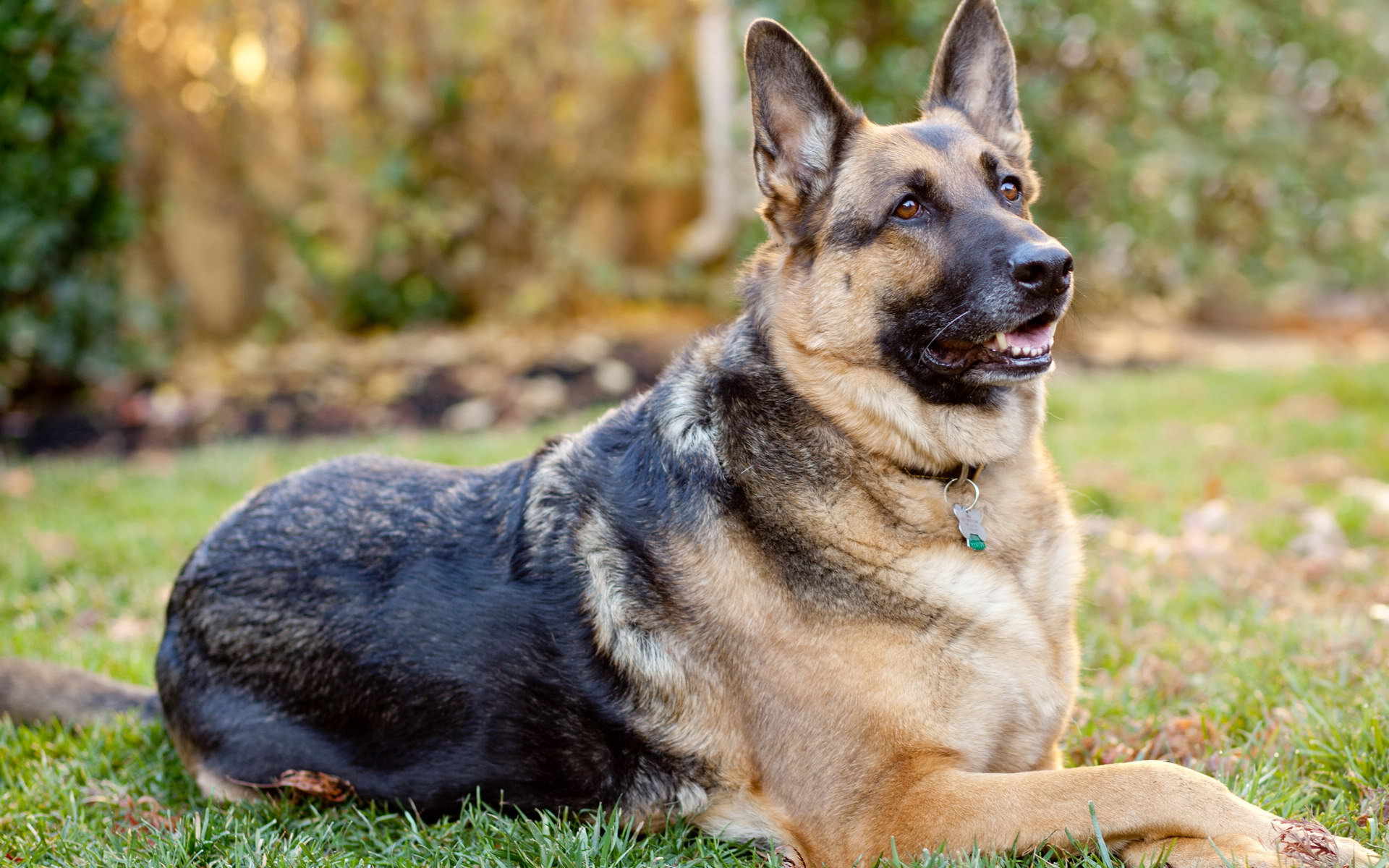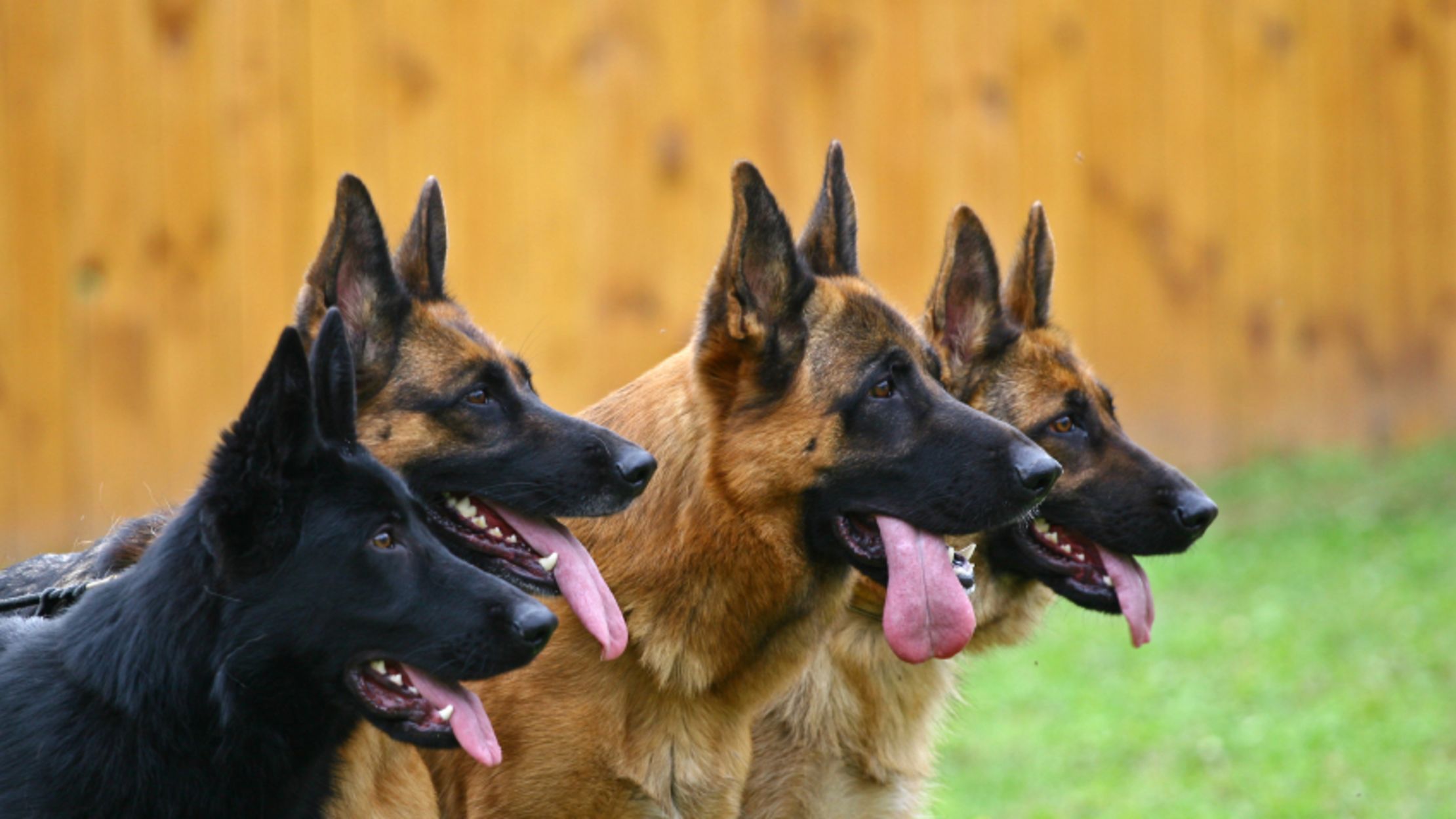German Shepherds: Complex Family Pets
Thesis Statement
German Shepherds are renowned for their intelligence, loyalty, and versatility, making them popular family pets. However, their complex nature presents unique challenges and considerations that prospective owners must be aware of before welcoming them into their homes.
Exceptional Traits
German Shepherds possess several exceptional traits that endear them to families:
Intelligence and Trainability:
Their discerning minds allow them to learn commands and behaviors with remarkable ease, making them highly trainable and responsive companions.
Loyalty and Protectiveness:
German Shepherds are fiercely protective and devoted to their families, displaying unwavering loyalty and a willingness to defend against perceived threats.
Versatility and Adaptability:
Their athleticism and adaptability make them suitable for various roles, from family guardians to service animals and working dogs, demonstrating their diverse capabilities.
Challenges and Considerations
Despite their endearing qualities, German Shepherds also present specific challenges:
Exercise Requirements:
Being an active breed, German Shepherds require ample exercise and mental stimulation to maintain physical and mental well-being. Owners must be prepared to provide daily exercise and activities to prevent boredom and destructive behaviors.
Grooming Needs:
Their thick double coats require regular grooming, including brushing and bathing, to maintain their healthy condition and prevent matting. Neglecting grooming can lead to skin irritation and health issues.
Training and Socialization:
Obedience training and early socialization are crucial for German Shepherds. Without proper training, their natural protective instincts can become overbearing or aggressive, potentially leading to safety concerns.
Health Considerations
German Shepherds are generally healthy dogs, but they are prone to certain health conditions, including:
Hip Dysplasia and Elbow Dysplasia:
These conditions affect the hip and elbow joints, causing pain, lameness, and mobility issues. Reputable breeders often screen for these conditions to minimize the risk.
Exocrine Pancreatic Insufficiency:
This condition impairs the pancreas's ability to produce digestive enzymes, leading to weight loss and malnutrition.
Bloat:
Gastric dilatation-volvulus (GDV) occurs when the stomach twists on itself, cutting off blood supply and causing life-threatening complications.
Perspectives and Research
Researchers have extensively studied German Shepherds' behavior and characteristics:
Temperament and Personality:
Studies indicate that German Shepherds are generally loyal, intelligent, and eager to please their owners (Schneider et al., 2014). However, aggression and anxiety disorders have also been reported (Bradshaw et al., 2014).
Training and Socialization:
Experts emphasize the importance of obedience training and early socialization in shaping German Shepherds' behavior. Lack of training can lead to unpredictable and potentially dangerous behavior (Herron et al., 2009).
Health and Longevity:
Research shows that German Shepherds have an average lifespan of 9-13 years. Genetic factors play a significant role in health outcomes, and responsible breeding can help reduce the prevalence of inherited diseases (Parker et al., 2013).
Conclusion
German Shepherds are complex and rewarding family pets whose unique traits present both advantages and challenges. Understanding their exercise requirements, grooming needs, training demands, and health considerations is essential for prospective owners to make informed decisions. By providing a loving home with adequate care and attention, families can enjoy the unconditional love, loyalty, and companionship of these exceptional dogs. However, it is crucial to be cognizant of the responsibilities and potential challenges associated with owning a German Shepherd to ensure a harmonious and fulfilling experience for both the dog and its family.
Rottweilers And Their Natural Leadership Qualities
Why German Shorthaired Pointers Are So Intelligent
Do Labrador Retrievers Shed A Lot? Here Are The Facts



